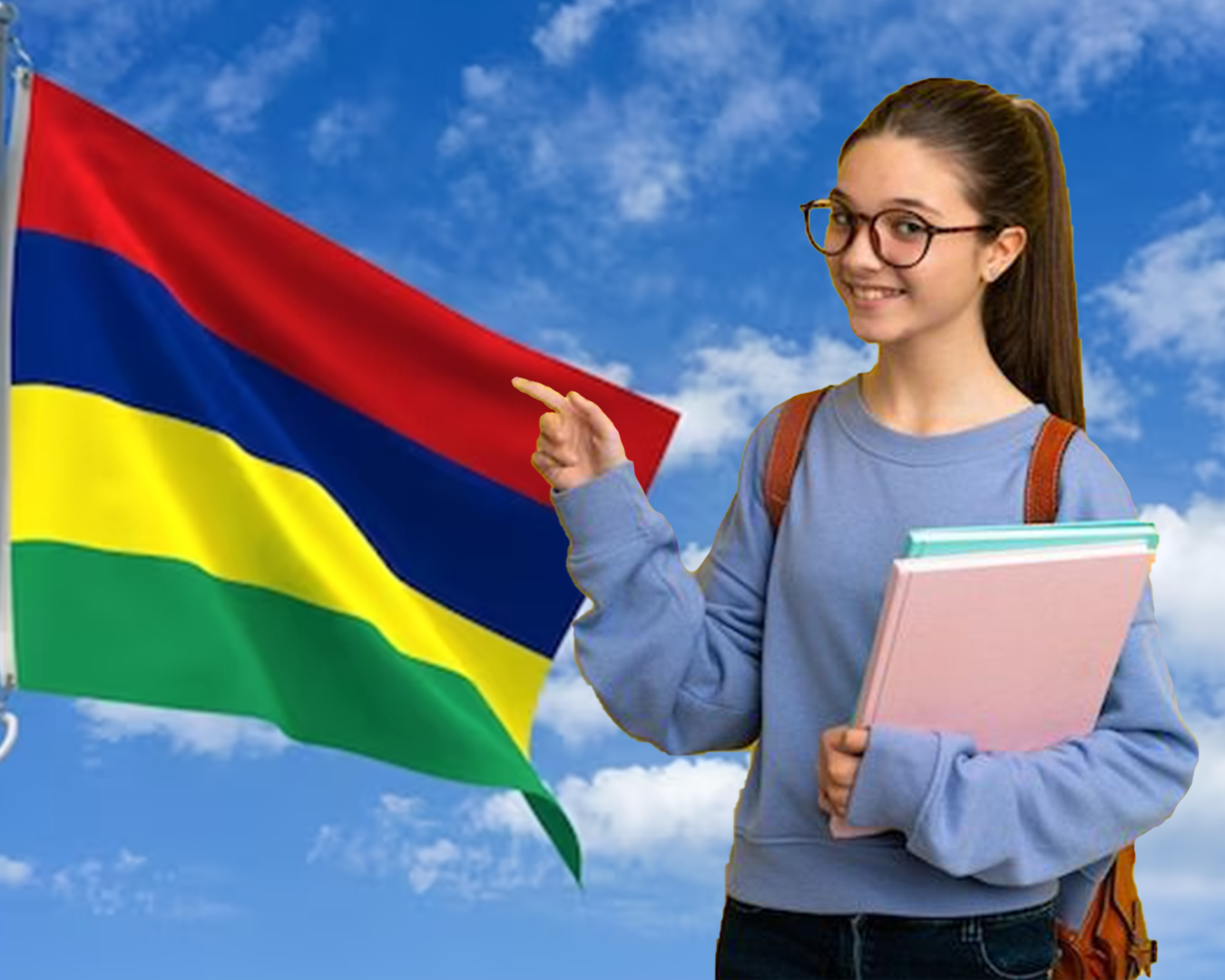Study In Mauritius
Mauritius offers a robust education system that prioritizes universal access to free primary and secondary schooling for its citizens. The educational framework comprises pre-primary, primary, secondary, and tertiary tiers. English and French serve as the primary mediums of instruction, fostering both academic excellence and practical skill acquisition. Tertiary education opportunities are provided by universities and technical institutions, with special attention given to sectors such as tourism, technology, and finance. Noteworthy advancements have been made in enhancing literacy rates and ensuring widespread educational accessibility, thereby fueling the nation's progress on social and economic fronts.

Quality Education: Mauritius has reputable universities and institutions that offer high-quality education, recognized globally.
Diverse Courses: A wide range of courses and programs are available, especially in areas like tourism, business, technology, and finance.
Cultural Diversity: The country’s diverse population creates a multicultural learning environment, fostering global awareness and understanding.
Language Advantage: English and French are widely spoken, making it convenient for international students to communicate and study.
Affordability: Compared to Western countries, tuition fees and living costs in Mauritius are often more affordable, making education accessible.
Safe Environment: Mauritius is known for its safety and hospitality, ensuring a secure and welcoming atmosphere for students.
Natural Beauty: The stunning landscapes and beaches offer a unique backdrop for leisure and relaxation.
Internship Opportunities: The island’s growing economy provides internships and job opportunities, enhancing practical learning.
Research Opportunities: Some universities offer research programs focused on tropical studies, marine biology, and other unique fields.
Global Networking: Studying in Mauritius connects students with peers from around the world, expanding their international network.
Post-Graduation Options: The country offers post-study work permits, allowing graduates to gain work experience after completing their degrees.
Ease of Living: The country’s infrastructure, healthcare, and amenities make daily life comfortable for students.
Entrepreneurship: Mauritius promotes entrepreneurship, making it a suitable place for business-minded students.
Cultural Experience: Immersing in the Mauritian way of life provides a rich cultural experience and broadens horizons.
Gateway to Africa: Positioned strategically, Mauritius serves as a gateway for exploring other African countries.
- Location: Mauritius is an island nation located in the Indian Ocean, east of Madagascar.
- Capital: The capital city of Mauritius is Port Louis.
- Languages: English and French are the official languages, with Creole being widely spoken.
- Currency: The currency used in Mauritius is the Mauritian Rupee (MUR).
- Economy: The economy is diverse, with sectors including tourism, textiles, sugar, finance, and information technology.
- Tourism: Mauritius is known for its stunning beaches, coral reefs, and luxury resorts, making tourism a significant industry.
- Biodiversity: The island is home to unique flora and fauna, including the famous dodo bird, which is now extinct.
- Independence: Mauritius gained independence from British rule in 1968.
- Education: Education is highly valued, with a strong emphasis on literacy and access to free primary and secondary education.
- Cultural Diversity: The population is a mix of various ethnicities, including Indo-Mauritians, Creoles, Sino-Mauritians, and Franco-Mauritians.
- Religions: Various religions are practiced, with Hinduism, Christianity, and Islam being the major ones.
- UNESCO Heritage Site: Aapravasi Ghat in Port Louis is a UNESCO World Heritage Site, symbolizing the island’s history of indentured labor.
- Time Zone: Mauritius Standard Time (MST) is UTC+4.
- Climate: The climate is tropical, with warm and humid weather throughout the year.
- Cuisine: Mauritian cuisine is a fusion of Indian, Chinese, African, and European influences, resulting in a diverse range of dishes.
- Dolphin and Whale Watching: The waters around Mauritius are known for opportunities to spot dolphins and whales.
- Flights and Connectivity: Sir Seewoosagur Ramgoolam International Airport serves as the main international gateway.
- Conservation: Mauritius is committed to environmental conservation and is home to several protected areas.
- Cultural Festivals: The island celebrates various cultural festivals, including Diwali, Eid, and Chinese New Year.
- Flag: The flag of Mauritius consists of four horizontal bands of blue, yellow, red, and green.

